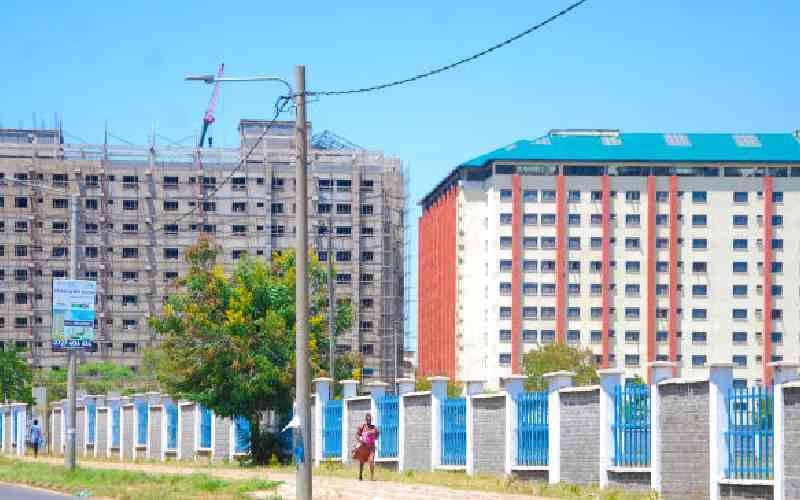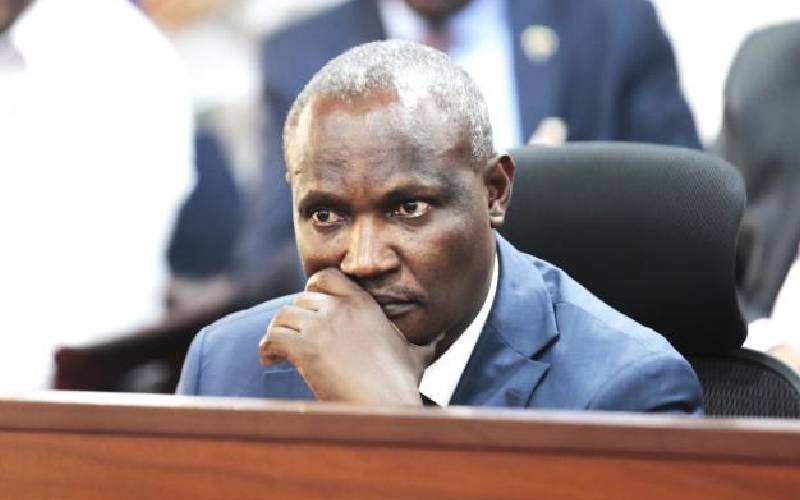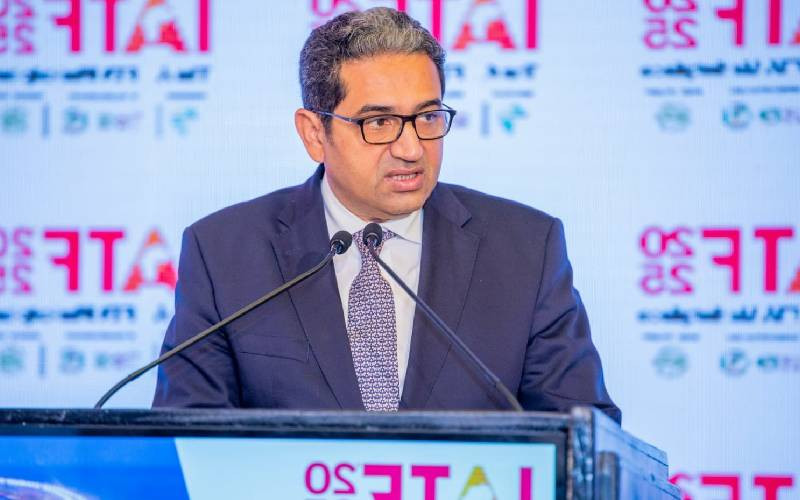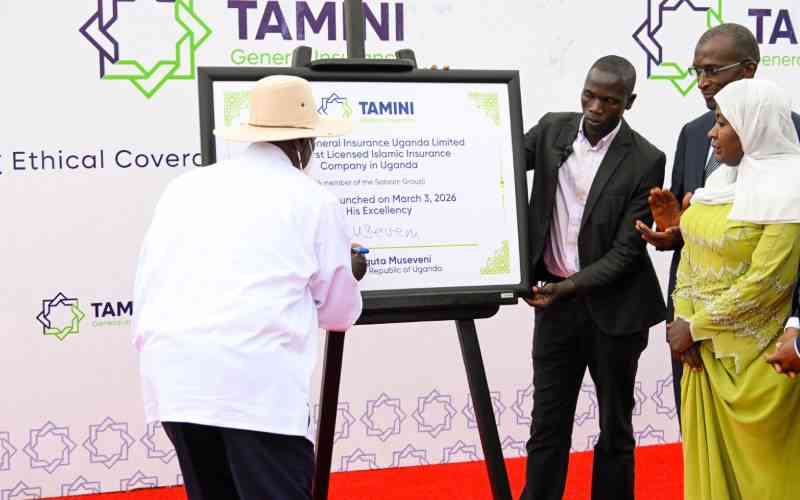×
The Standard e-Paper
Stay Informed, Even Offline
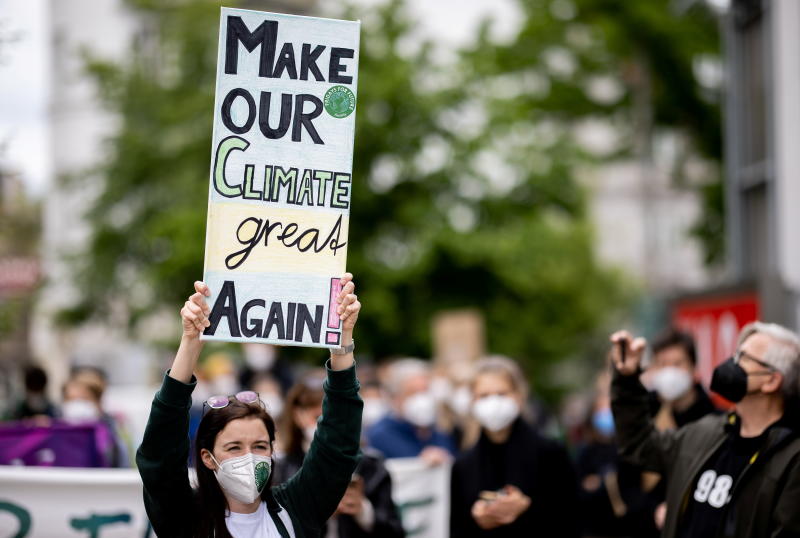
Virtually all major regions of the world have been affected by the twin global disasters of Covid-19 and climate change.
The two pandemics are pushing people and world economies to the edge. Both crises have forced us to change our behaviour, habits and lifestyles at personal, household, community, and national levels.


